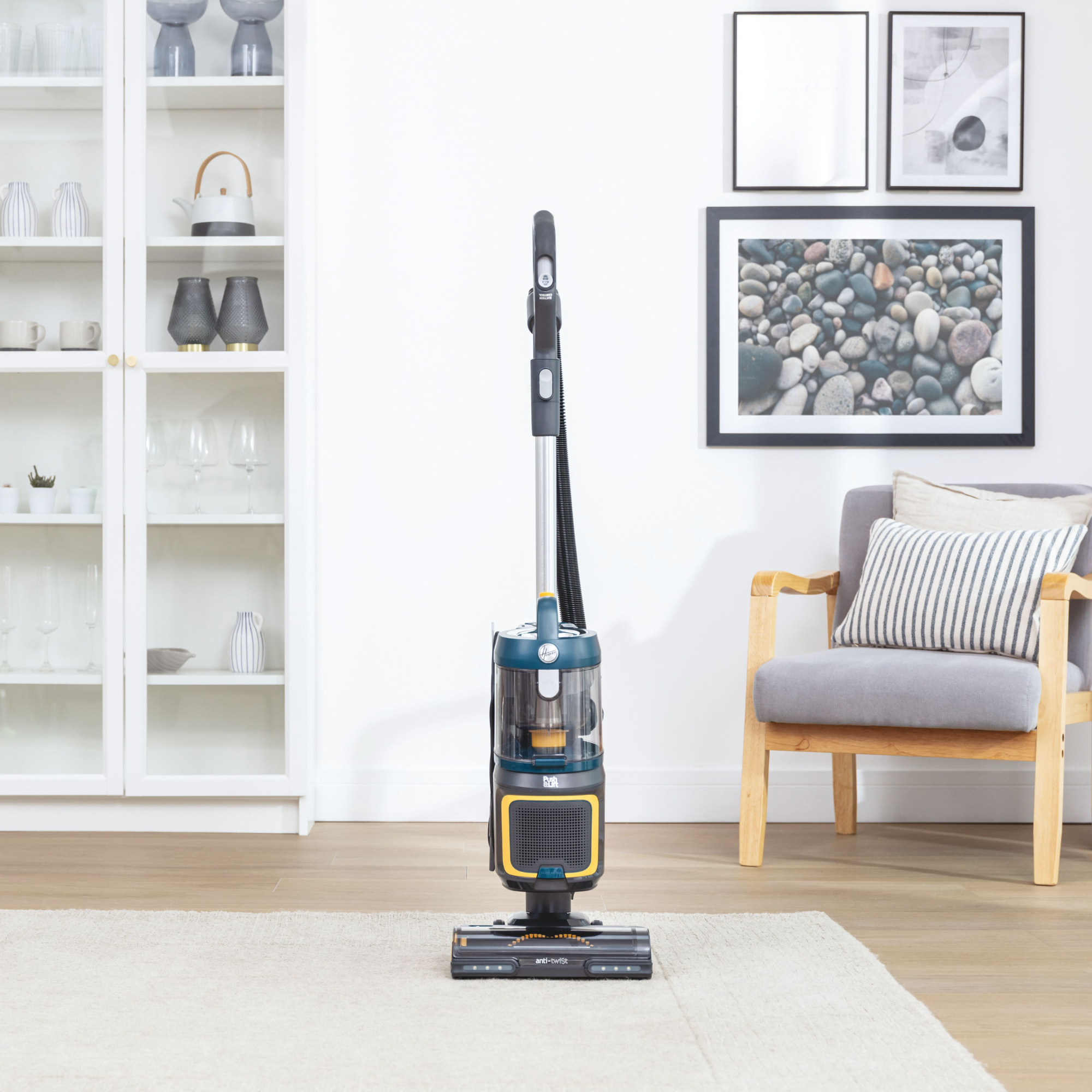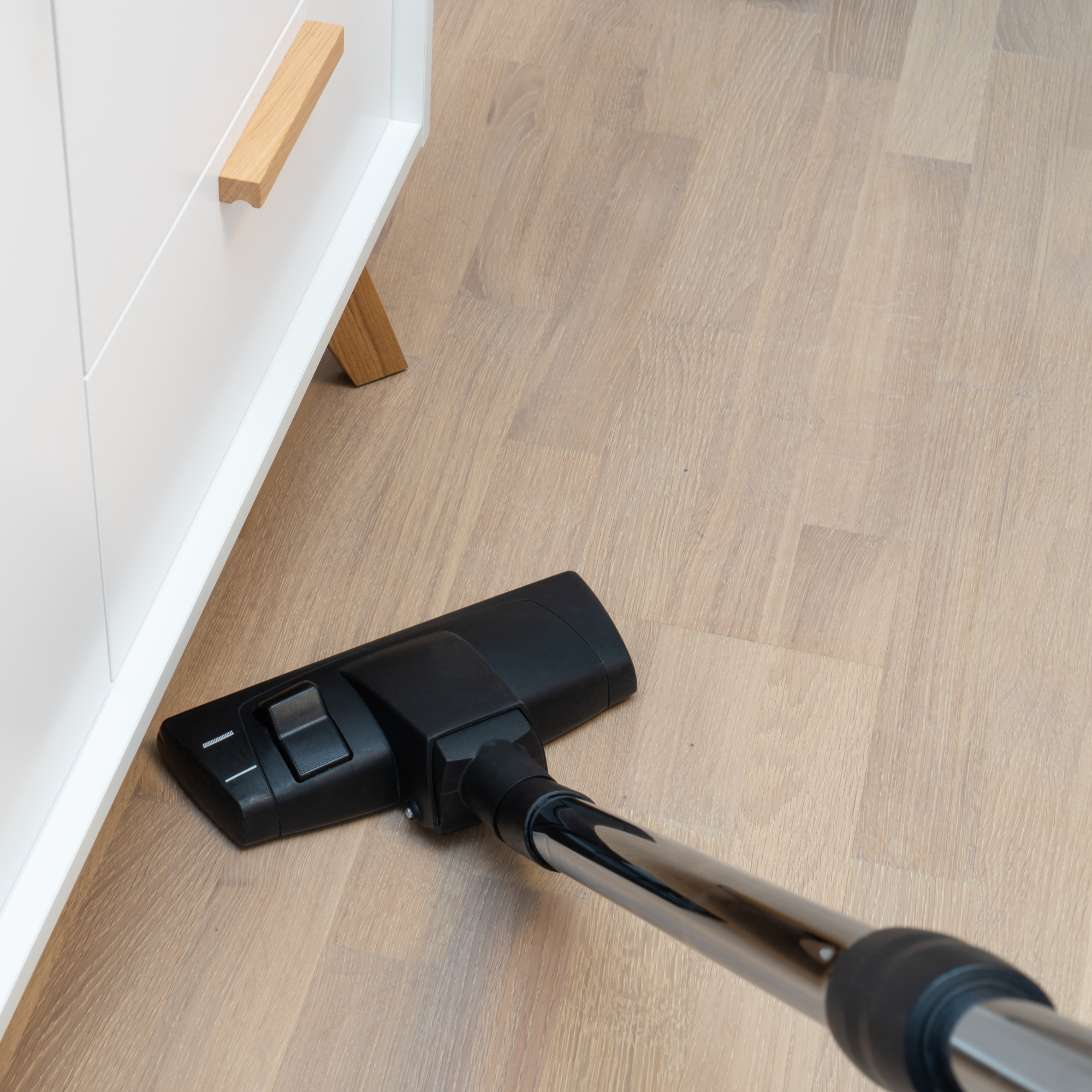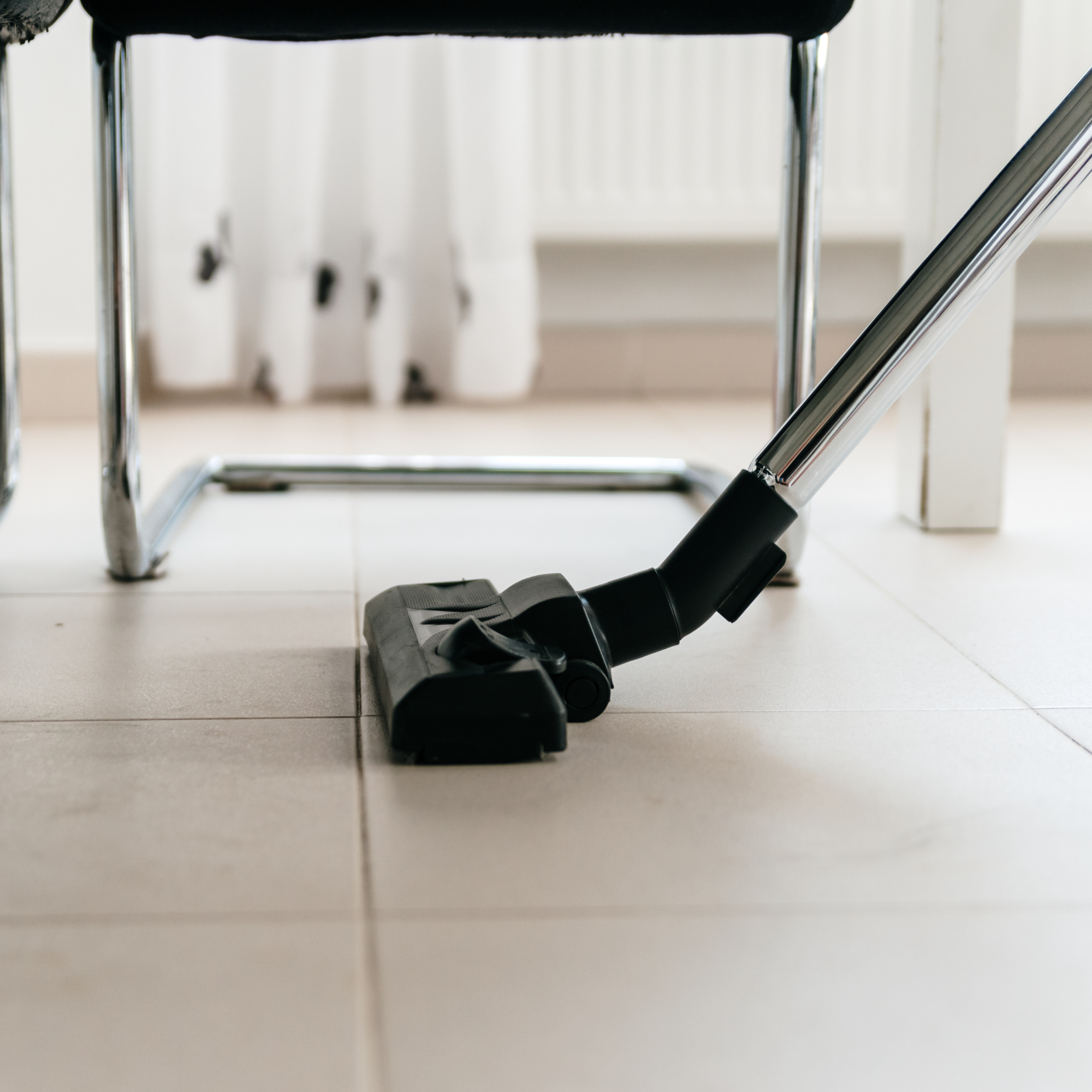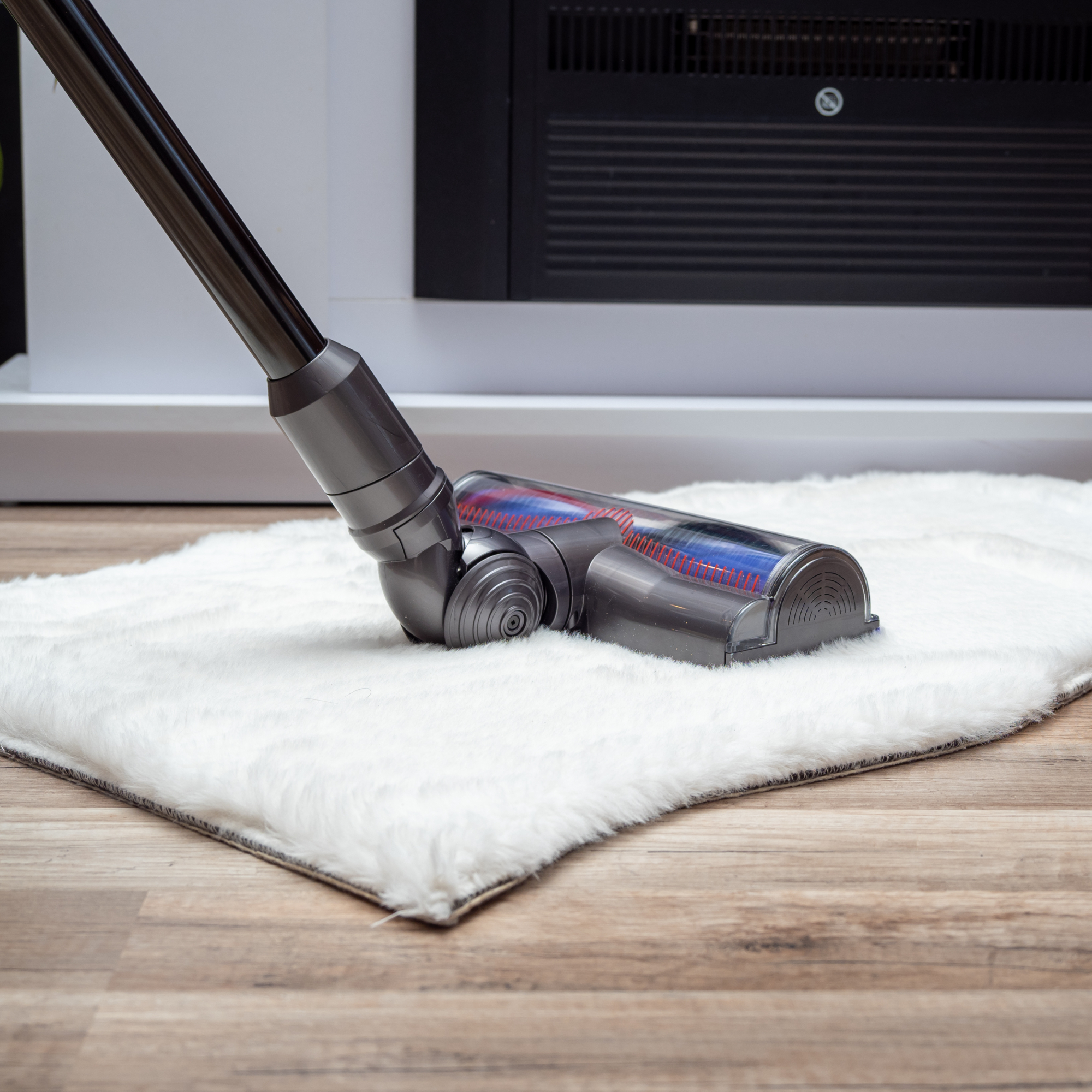
Those who have unfortunately been met with the fate of suffering from allergies have likely tried every trick in the book to help manage the symptoms. However, have you ever considered the possibility that vacuuming could help with allergies?
The short answer? Yes, it does make a difference. Considering the best vacuum cleaners promise to leave your home free from dust, pollen, and pet dander – the big three for triggering allergy symptoms – it only makes sense that making a habit of frequently vacuuming around the house would do some good.
However, before you start vacuuming haphazardly in a desperate plea to stop those sniffles and teary eyes, there are a couple of caveats and things to consider if you want to successfully remove allergens in your home.

Does vacuuming help with allergies?
As we've already briefly mentioned above, vacuuming can indeed help with managing allergy symptoms.
According to Joshua Warren, floorcare expert at AO.com, he explains that 'vacuuming can help by removing allergens such as dust mites, pet dander, pollen, and mould spores from your floor.' But, the positive impact of vacuuming to help with allergies only really comes into effect depending on a few factors.
1. How often you vacuum

One of the most notable things to keep in mind if you're trying to reduce allergens in the home is how often you vacuum.
If allergies are getting you bad, vacuuming once a week during your Sunday reset may simply not be enough. Joshua explains that if you vacuum your floors every couple of days, this can reduce the amount of allergens in your home which can, in turn, soften the blow of allergy symptoms.
2. The type of filter your vacuum uses

Another thing to consider when trying to reduce allergens in your home is the type of filter your vacuum cleaner uses. While it's a commendable effort enough to be proactive and simply pick up the vacuum and tend to your floors, you'll be getting a lot more out of your work using a model with a HEPA filter.
'Vacuum cleaners with a high-efficiency particulate air (HEPA) filter can trap the majority of these allergens and remove them from your home permanently, as they are designed to remove even the smallest dust particles from the air,' explains Tracey Scully, managing director UK at Shark.
Similarly, investing in one of the best air purifiers with a HEPA filter also does a similar job of reducing allergens in the air.
3. The vacuum itself

Aside from the type of filter, there are also specific vacuum models out there like the Henry Allergy that have been designed with reducing allergens in the home at the forefront of what it promises to deliver. In our review, we gave it a glowing four stars.
Alternatively, the best vacuums for pet hair have also been specifically designed to tackle pet dander and the like, making them a great option for managing allergy symptoms at home if you want something a little more versatile.
If your vacuum needs a replacement and you're also allergy-prone, these factors are definitely something to keep in mind.
Shop the best vacuum for allergies
A British icon and Allergy UK approved – what's not to love? This vacuum boasts a great amount of suction, dust-free emptying, and remarkable results in reducing the allergens in your home.
FAQs
How often should you vacuum if you have allergies?
'This depends on the person and how sensitive they are. Some may need to vacuum daily, some weekly and others hourly,' say the cleaning experts at Henry.
As a rule of thumb, a couple of days a week should do the trick, but it's important to adjust your vacuuming routine as you see fit and effective for managing your allergy symptoms.
Is vacuuming better than sweeping for allergies?
Yes, vacuuming is better than sweeping if you have allergies as you'll be handling far less dust during the process.
Henry's cleaning experts always recommend ensuring you have the right tools with strong enough suction and dust-free emptying to avoid creating even more dust. 'Using vacuums that lock in dirt and don’t release large dust clouds that aggravate allergies, is essential,' they reiterate.
Does vacuuming carpet help with allergies?
Yes, vacuuming carpet helps with allergies, so long as you do it often enough and with sufficient technique.
'For carpets, rugs or runners made from wool, aim for at least one or two vacuum sessions per week, focusing on high-traffic areas,' advises Kirsty Barton, brand storytelling manager at Alternative Flooring.
'For the deepest clean possible, pass over your wool carpet two or three times during each session. Synthetic materials require the most upkeep, demanding thorough vacuuming at least three times a week, remember to vacuum slowly and carefully for the best results.'
So, in short: yes, vacuuming does help with allergies. However, to really see results it's important to consider how often you vacuum, the filter used, and your vacuum's model to reap maximum effect from this cleaning task.







